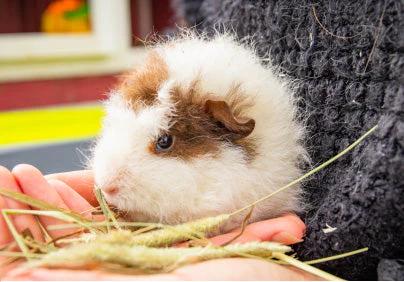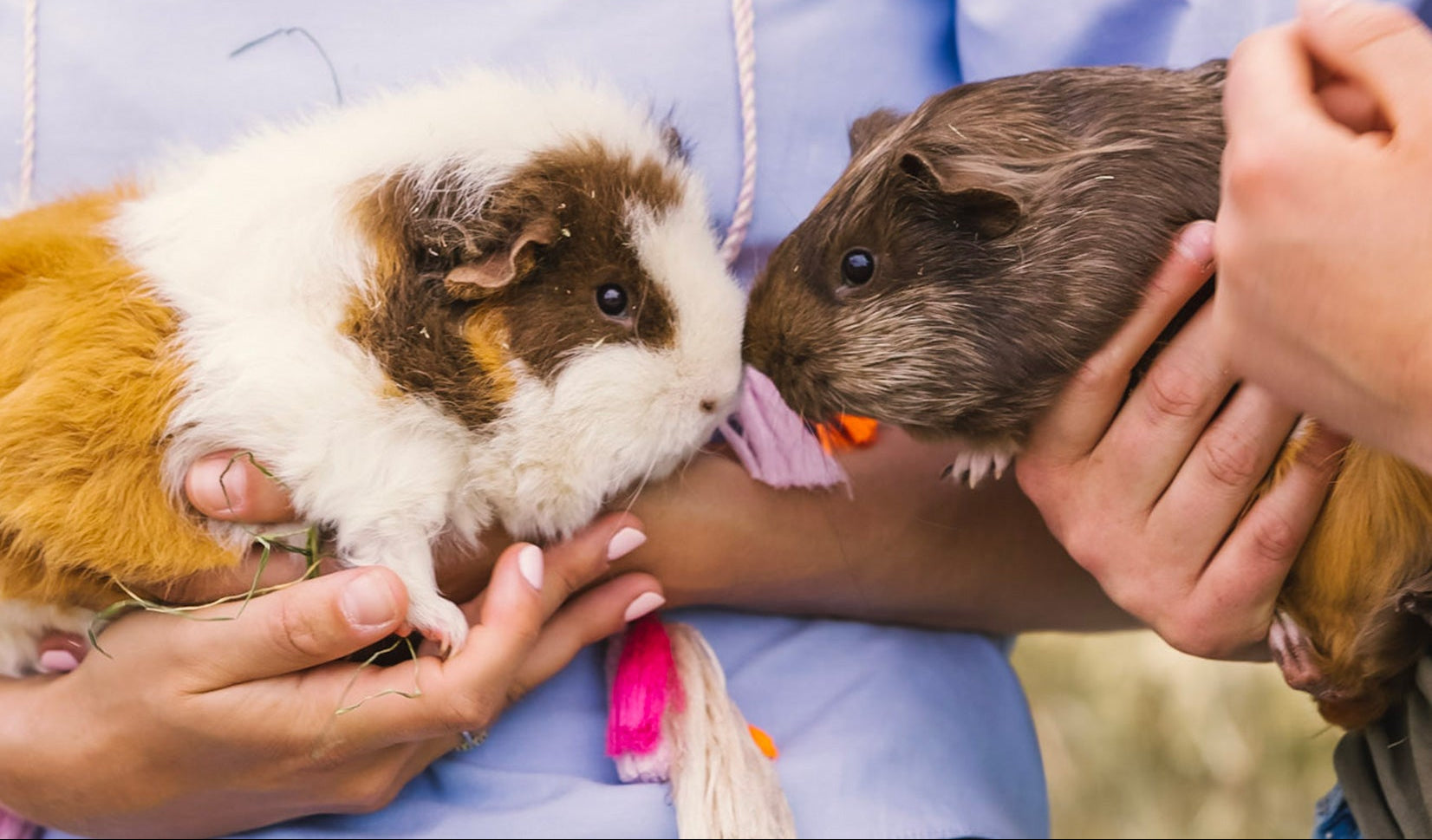What is the best diet for hamsters?
Hamsters are omnivores and require a balanced diet to stay healthy. A good hamster diet consists of a mix of commercial hamster pellets, fresh fruits and vegetables, and occasional protein-rich treats like mealworms. It's important to avoid feeding them sugary or fatty foods as it can lead to obesity and other health issues.
Can hamsters eat hay?
Yes, hamsters can eat hay and it can be a beneficial addition to their diet. Hay provides essential fiber that aids in digestion and helps prevent dental problems. Timothy hay is a popular choice for hamsters, but make sure it is fresh and free from dust or mold.
Like many small mammals, Hamsters teeth never stop growing and while their incisors grind against each other as a "self sharpening" system, it is still important to provide a balanced diet full of foods which will help manage teeth maintenance. Hay can be a great source of fibre for small mammals including hamsters and will help keep teeth short and sharp.
Why is nesting important for hamsters?
Nesting is a natural behavior for hamsters and it serves several purposes. It provides them with a sense of security and comfort, especially when they sleep or rest. Hamsters also use nests to regulate their body temperature and to hide from potential predators. Providing suitable nesting materials, such as hay, shredded paper or tissue, is essential for their well-being. We do not recommend our straw for hamsters as straw can be too sharp and cause damage. 
How often should I clean the hamster's cage?
Regular cage cleaning is important to maintain a clean and healthy environment for your hamster. Spot cleaning should be done daily to remove any soiled bedding or uneaten food. A thorough cage cleaning, including changing bedding and disinfecting the cage, should be done once a week. However, make sure to leave a small amount of the old bedding behind to maintain the hamster's scent and reduce stress.
Can hamsters live together?
Hamsters are generally solitary animals and prefer to live alone. Housing them together can lead to territorial disputes and fights, resulting in injuries or even death. It's best to provide each hamster with its own separate cage to ensure their well-being.
What are some common health issues in hamsters?
Hamsters are prone to certain health issues, including dental problems, respiratory infections, and wet tail. Regular veterinary check-ups are important to detect any potential health problems early on. Providing a balanced diet, a clean living environment, and regular exercise can help prevent many health issues in hamsters.
Can hamsters be trained?
While hamsters are not as trainable as dogs or cats, they can still learn some basic behaviors. With patience and positive reinforcement, you can teach your hamster to come to you, use a litter box, or even perform simple tricks. However, it's important to remember that each hamster has its own personality and may have different levels of trainability.
How long do hamsters live?
The lifespan of a hamster depends on its species. Syrian hamsters, the most common pet hamsters, typically live for about 2 to 3 years. Dwarf hamsters, such as Roborovski or Campbell's hamsters, have a slightly longer lifespan of around 2 to 4 years. Providing proper care and a healthy diet can help maximize their lifespan.
Can hamsters eat fruits and vegetables?
Yes, hamsters can eat a variety of fruits and vegetables as part of their diet. However, not all fruits and vegetables are safe for them. Some safe options include apples, carrots, cucumbers, and leafy greens like spinach or kale. It's important to introduce new foods gradually and in small quantities to avoid digestive issues.
Do hamsters need exercise?
Yes, hamsters need regular exercise to stay healthy and mentally stimulated. Providing them with a hamster wheel or a hamster ball allows them to engage in physical activity. It's important to provide a safe and spacious environment for them to explore and exercise, as well as regular out-of-cage playtime under supervision.
Can hamsters eat meat?
While hamsters are omnivores, their diet primarily consists of plant-based foods. It is not necessary to feed them meat as they can obtain all the necessary nutrients from a balanced diet of pellets, fruits, and vegetables. Feeding them meat can increase the risk of digestive problems and other health issues.













